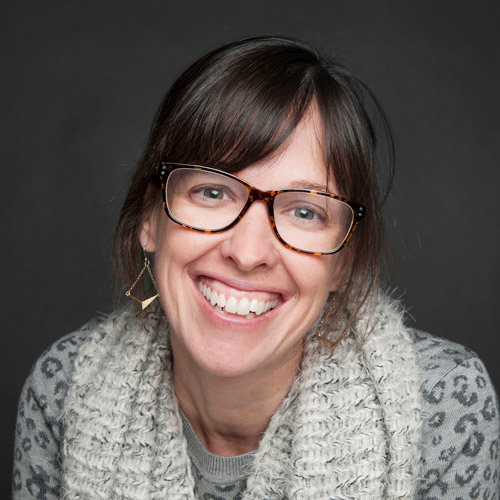Office Artifacts: Lawford Anderson
College of Arts & Sciences geology professor displays a museum-like trove of rocks, minerals, and more

Click on the icons above to see more of what Lawford Anderson displays in his College of Arts & Sciences office.
Longtime petrologist Lawford Anderson cannot help but share his excitement about rocks. He welcomes visitors (and even colleagues’ kids) to his office to touch and view minerals, quartz, and the like, often animatedly telling the story of each item and how he got it. “What I teach is that every rock has a story,” he says.
Some might say that geology saved his life. As an undergraduate, the College of Arts & Sciences professor of earth and environment and director of undergraduate studies started as an engineering major and struggled academically. “This was 1966, and the Vietnam War was raging,” he recalls in his native Texas drawl. “And if you were a male student, your grades went to your local draft board. And if they were low, they drafted you out of school and sent you to Vietnam. So I knew I was in trouble.”
Walking through the geology department one day, Anderson had a Eureka moment. He had always loved rocks and minerals—and just that suddenly, he was inspired to change his major. “It was great. It made sense. I started making good grades,” he says. He went on to earn a master’s degree and a PhD from the University of Wisconsin, Madison.
He joined ROTC as an undergrad and eventually went to Oklahoma’s Fort Sill to train in field artillery. “You see how loud I am—it’s because I can’t hear,” he says with a laugh. “It made me a better teacher. You can put me in the classroom and everybody’s going to hear.”
Teaching is where Anderson shines. While his principal research interest is the evolution and construction of the Earth’s crust, he stays above ground on field trips, teaching his students how to swing rock hammers and explore New England’s geology. He points to a wooden sign on a bookshelf that his longtime mentor at Madison, Bob Osborne, gave him (“No lifeguard service beyond this point”). “I needed a good mentor, I [needed] tenure. I had to start a research program, and grants, and funding,” he says. “And Bob took me under his wing.”
Anderson does the same whenever possible, picking up honors such as the BU Excellence in Advising Award and the Distinguished Educator Award from the Los Angeles Council of Engineers and Scientists. He is the faculty advisor to the Boston University Geological Society (BUGS) and BU’s Gamma Phi Beta sorority (he was told he is the first and only faculty member who advises a fraternity or sorority at BU).
He enjoys helping his students with the challenges each stage in their college life brings. With first-year students, it’s all about adjustment, roommate issues, choosing a major, or getting their first-ever C grade. Sophomore year is dispensing advice on where to study abroad. Anderson urges his juniors to get some research experience and apply to work in a faculty member’s lab, which gets them thinking about grad school and beyond. He estimates that he writes about 100 recommendation letters a year for his seniors.
And he continues to stay in touch with former students from across the globe. “My students stay in contact with me through social media, and I get to see pictures of them married, with their children,” he says.
“I’ve got them going back almost 50 years.”
In our Office Artifacts series, BU Today highlights interesting artifacts professors and staff display in their offices. Have a suggestion about someone we should profile? Email amlaskow@bu.edu.
This Series
Also in
Office Artifacts
-
November 18, 2024
Office Artifacts: Deborah Jancourtz
-
February 6, 2023
Office Artifacts: Gustavo Mostoslavsky
-
October 25, 2022
Office Artifacts: Nancy Lowenstein



Comments & Discussion
Boston University moderates comments to facilitate an informed, substantive, civil conversation. Abusive, profane, self-promotional, misleading, incoherent or off-topic comments will be rejected. Moderators are staffed during regular business hours (EST) and can only accept comments written in English. Statistics or facts must include a citation or a link to the citation.